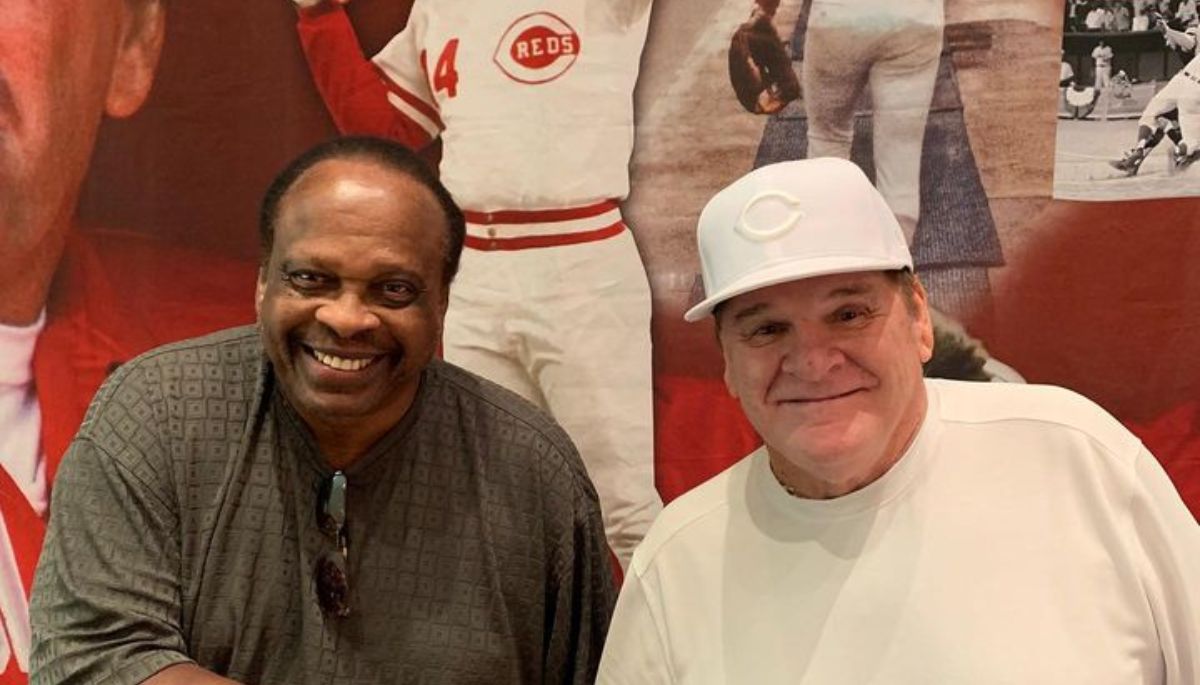Highlights
- Pete Rose, MLB’s all-time hits leader, had discussed his experiences with racism in baseball during the early 1970s.
- Rose credited black teammates like Frank Robinson and Vada Pinson for supporting his early career success.
- His close relationships with black players drew criticism from team management and his father during a racially tense era.
Before his demise, Pete Rose, baseball’s controversial “Hit King,” had opened up about his experiences with racial dynamics in Major League Baseball during the early 1970s.
In a candid interview, Rose reflected on his close bonds with black teammates and the unexpected backlash he faced for those relationships.
“I remember I got called into the Cincinnati Reds’ office and they told me I was hanging with the black players too much,” Rose revealed. “That’s a fact.”
The legendary player, known for his aggressive style and record-breaking 4,256 career hits, explained that he gravitated towards teammates like Frank Robinson, Vada Pinson, Jesse Gonder, and Tommy Harper because “they treated me like I was one of them.”
Rose’s willingness to cross racial lines during significant social tension in America set him apart from many of his white contemporaries.
“I didn’t look at it as hanging out with black players. I was hanging out with teammates,” Rose emphasized. “I’ve never had a racist bone in my body till this day.”
This stance, however, didn’t come without consequences.
Rose faced criticism from team management and his father, Harry “Big Pete” Rose.
The pressure to conform to the unwritten racial segregation of the era was significant, but the young Rose stood firm in his beliefs.
“I don’t look at them as black or white. They’re just teammates and friends,” Rose reportedly told his critics. “Hell, you don’t look at a man’s skin color. He’s a person.”
A Complex Legacy
Pete Rose’s career remains a subject of intense debate in baseball.
While his on-field achievements are undeniable, his lifetime ban from baseball for gambling on games while managing the Reds continues to overshadow his legacy.
However, Rose’s reflections on his early career shed light on a less-discussed aspect of his impact on the game.
In an era of racial tension, Rose’s willingness to form close bonds with black teammates stands as a positive example of breaking down barriers in America’s pastime.
As baseball continues to grapple with issues of diversity and inclusion, Rose’s experiences serve as a reminder of both how far the sport has come and the ongoing challenges it faces in creating a truly inclusive environment.





[…] Milwaukee Brewers pitcher Tobias Myers credits his family, especially his mother Angela, for his remarkable turnaround and success in Major League Baseball. […]